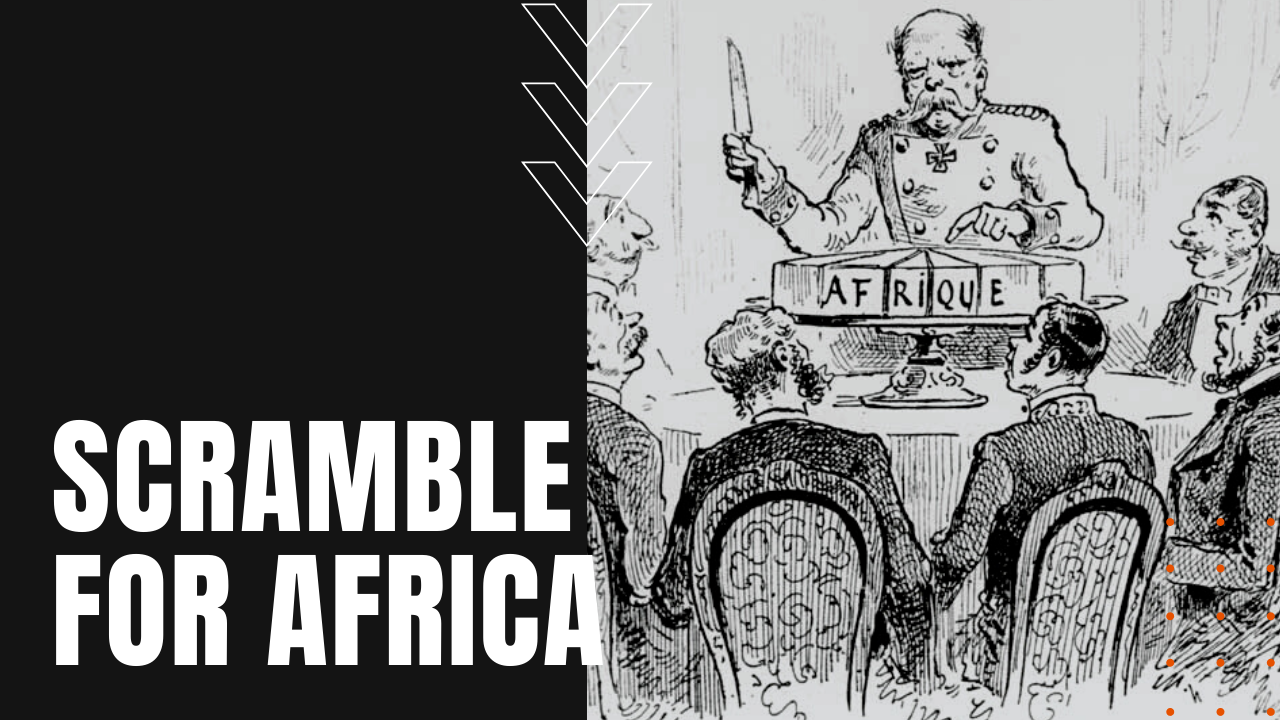-
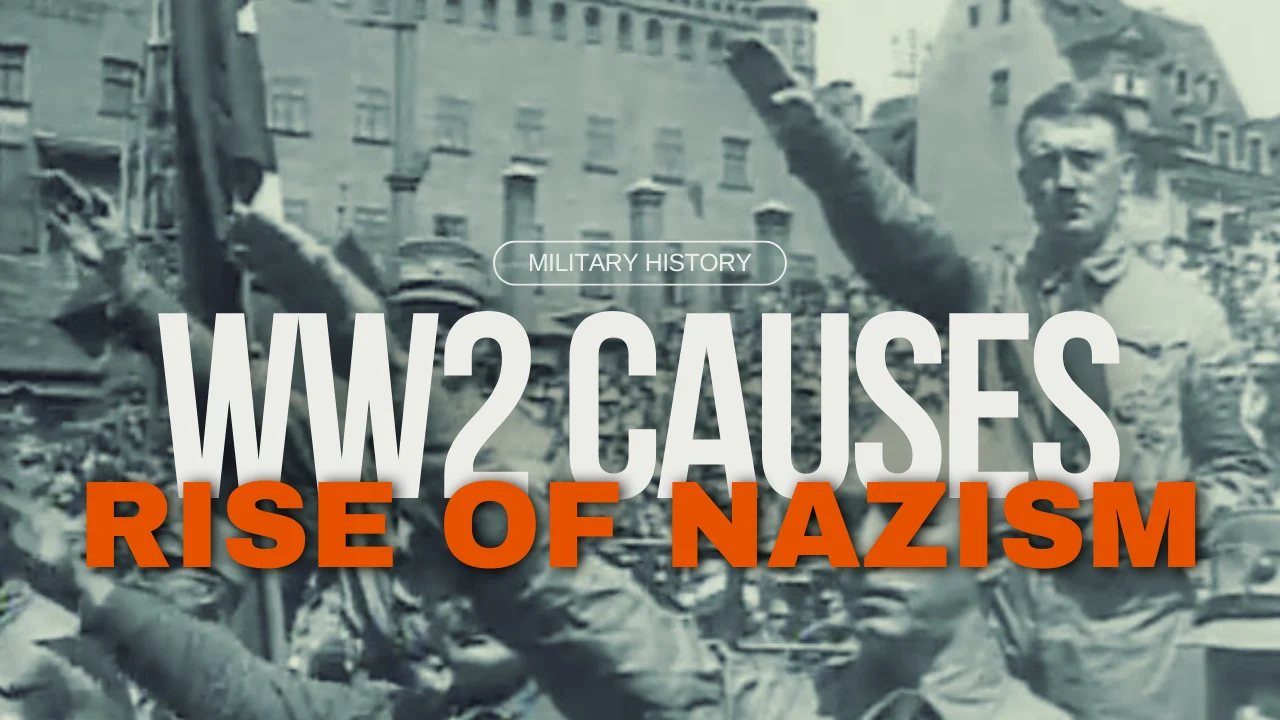
-
April 25, 2025
The Long and Short-Term Causes of WW2
The causes of World War II can be categorized into long-term and short-term factors. Long-term causes include unresolved issues from World War I, the Treaty of Versailles, economic instability, and the rise of totalitarian regimes. Short-term causes involve aggressive expansion by Germany, Italy, and Japan, along with events like the invasion of Poland in 1939, which directly triggered the war.
-
Today's Sponsor
Brought To You By
We are able to provide free content to you every single day because of ads like this.
-
April 12, 2022
Progressive Era: Early Movement Towards Societal Equity
The Progressive Era from 1896 to 1916 was a period of social reform from the excesses of the Gilded Age, promoting prohibition, suffrage, corporate governance, labor laws, and more.
-
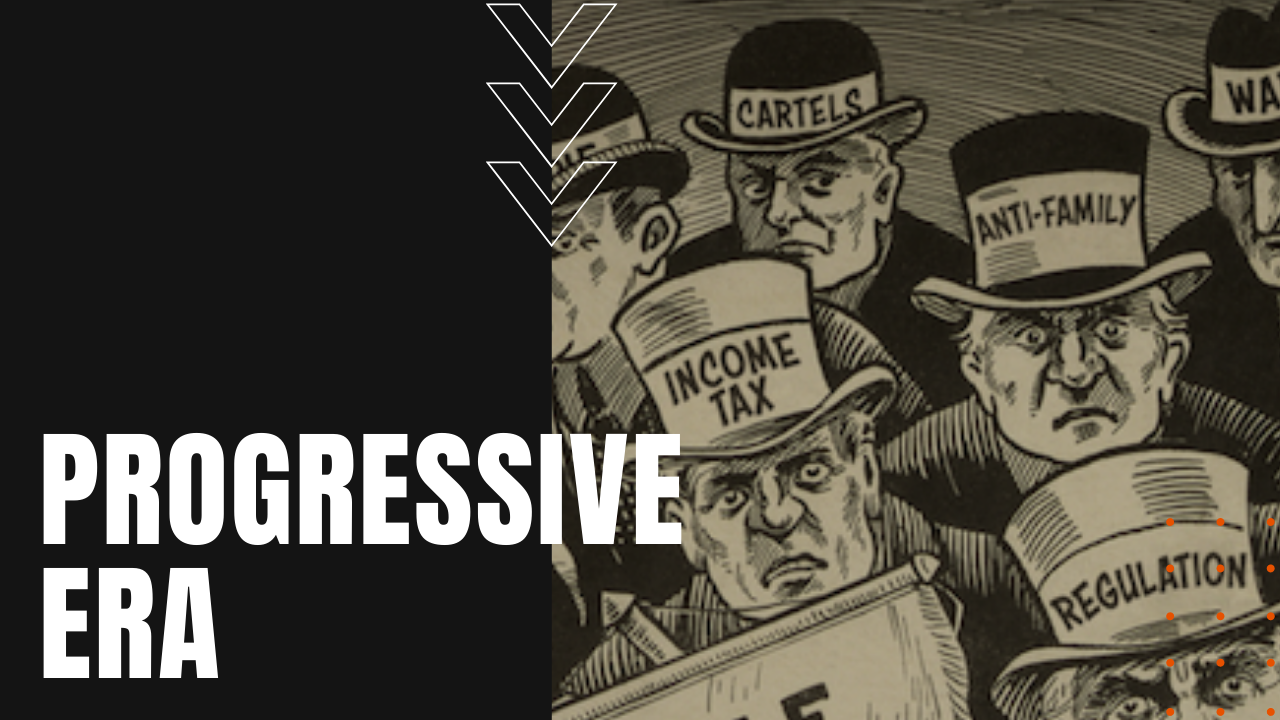
-
April 11, 2022
Medieval Architecture: Pre-Romanesque, Romanesque, and Gothic
Medieval architecture is still visible in many cathedrals, castles, fortifications and government buildings throughout Europe. The period is further distinguished into Pre-Romanesque, Romanesque, and Gothic styles.
-

-
April 8, 2022
Battle of the Chesapeake
As British and Franco-American forces vied for control of the Chesapeake as a deep water port, the battle of the Chesapeake took place on September 5th, 1781, proving to be a decisive win for the American cause.
-
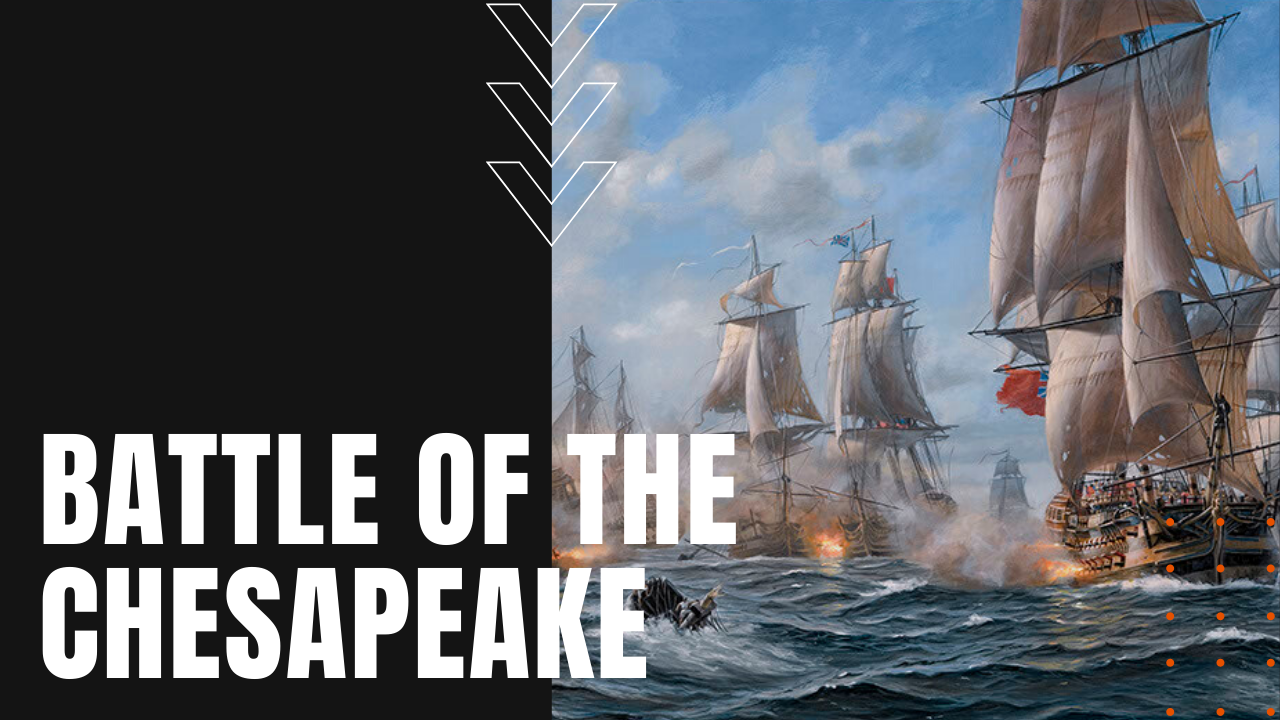
-
April 7, 2022
Peter The Great: 43-Year Russian Reign and Restructuring
During his 43-year reign, Peter The Great transformed Russia’s medieval aristocracy, established a formidable navy, prioritized scientific and technological advancement, built Saint Petersburg, and more.
-
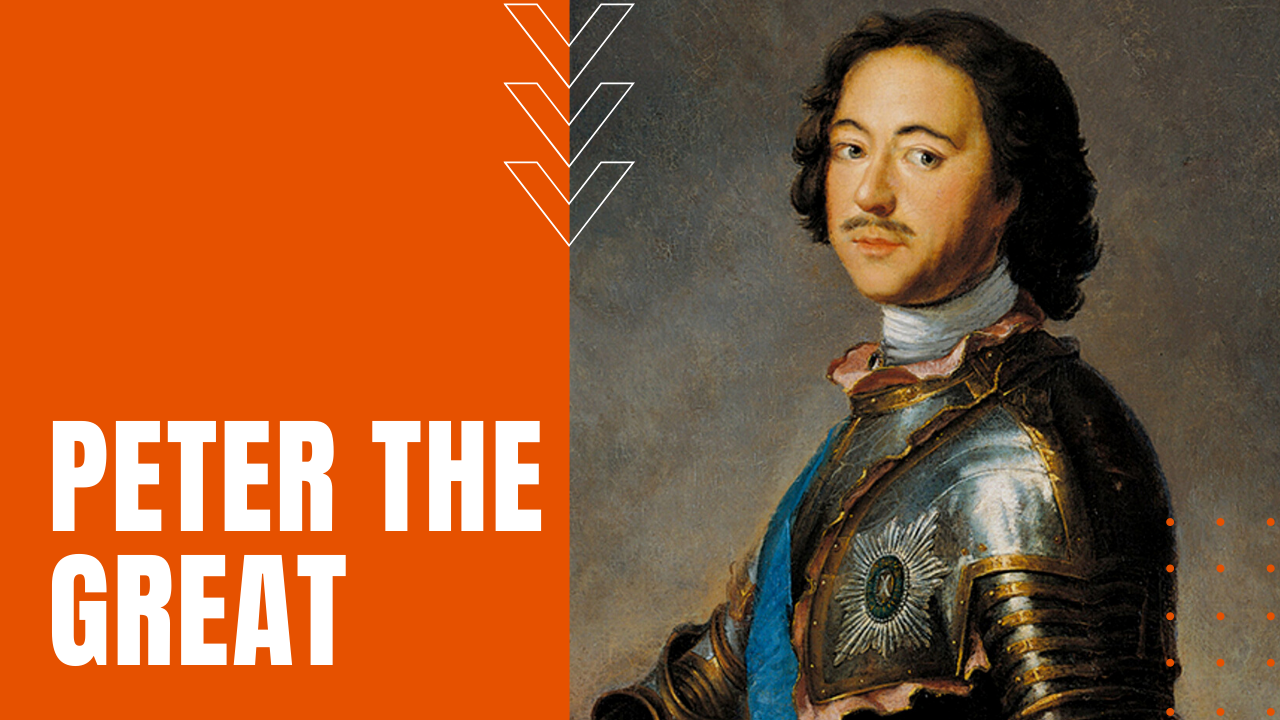
-
April 6, 2022
Federalist Papers: Foundational Essays By Hamilton, Madison, and Jay
The Federalist Papers were a collection of 85 essays written predominantly by Alexander Hamilton, but include contributions from James Madison and John Jay. The papers reflected on issues of governance, taxation, regulation, and more.
-
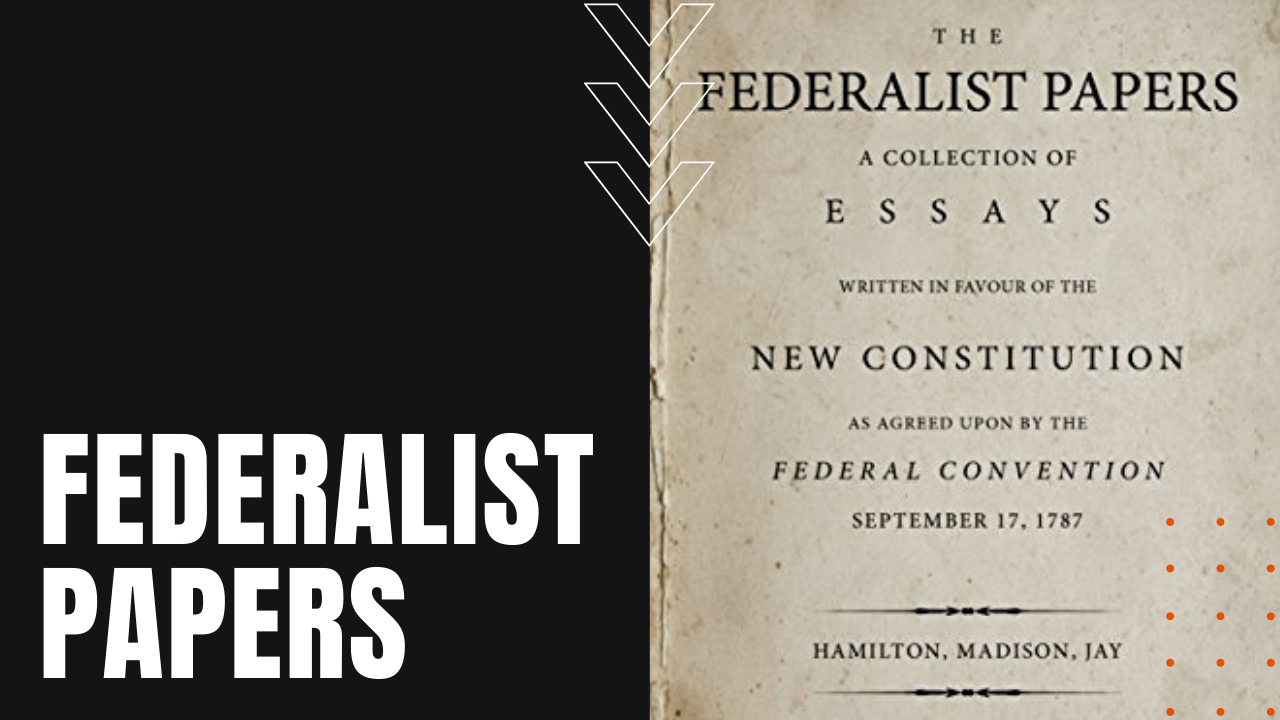
-
April 5, 2022
Native Americans and the Buffalo
Between 1872 and 1874, European-Americans killed more than 40 million buffalo, an animal heavily depended on by Native Americans which forced them to migrate and assimilate into their plans for westward expansion.
-

-
April 4, 2022
Scramble for Africa: Europe’s Age of Imperialism
By the late 1870s, Europe controlled less than 10% of the African continent, but between 1881 and 1914, the New Imperialism or the Scramble for Africa saw 90% of the continent controlled by seven European powers.
-
